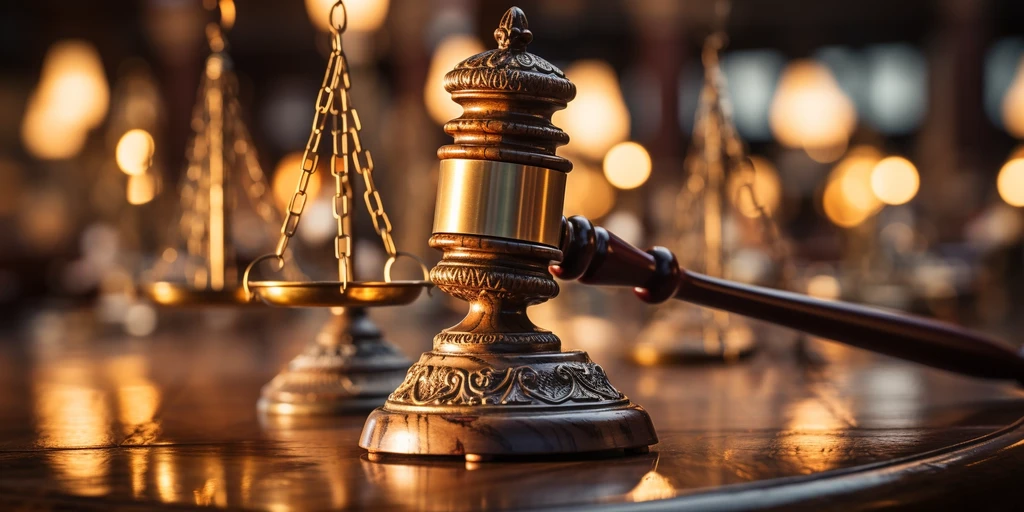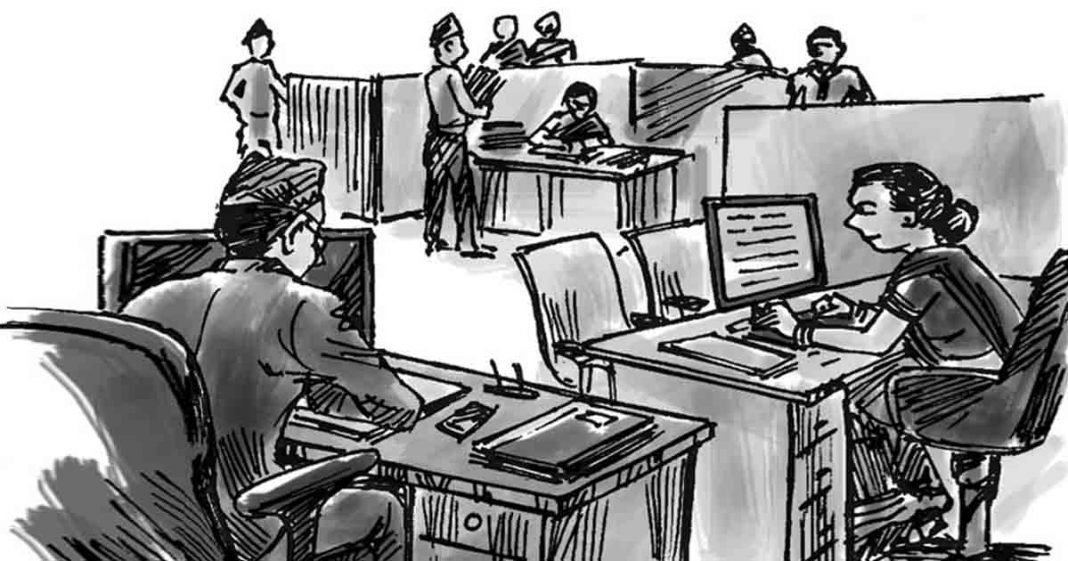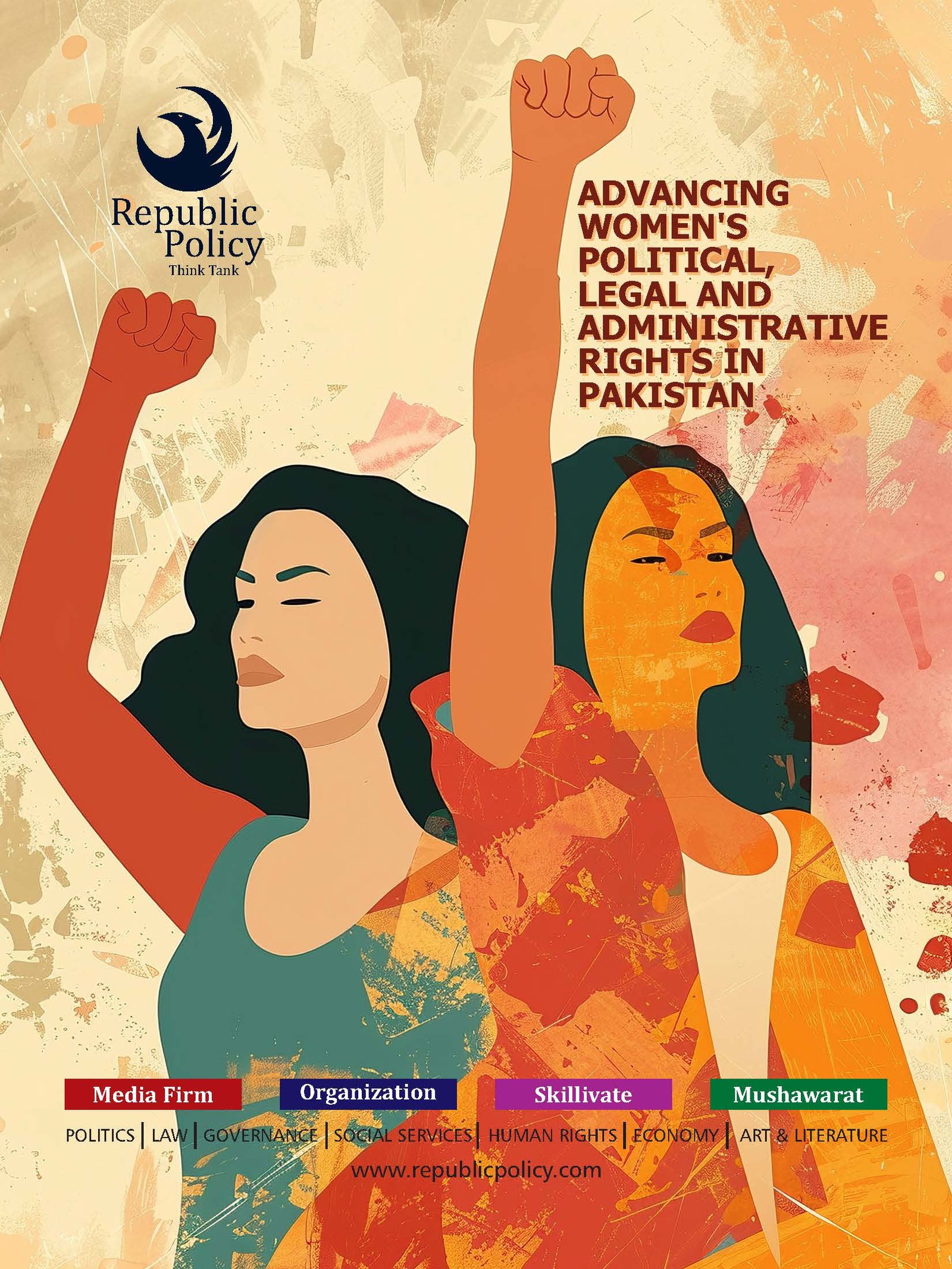Barrister Naveed Qazi
The architects of the proposed 27th Constitutional Amendment appear to have lost sight of the very foundations upon which a democratic republic stands. Their idea of granting lifetime immunity from prosecution to select individuals—most notably the president and five-star military officers—has shaken the public conscience. Even Prime Minister Shehbaz Sharif, the leader of the ruling coalition, promptly distanced himself from the proposal, acknowledging that “an elected prime minister must remain fully accountable, both before the court of law and the people.” His statement deserves appreciation, but it also raises a troubling question: if the prime minister rejects immunity, why do others believe they deserve it?
<a href=”http://republicpolicy.com”>Follow republicpolicy.com</a>
The controversial clauses in the 27th Amendment suggest a dangerous departure from constitutional equality. They grant lifetime protection from criminal prosecution, arrest, or any legal proceeding to the president and the top military command—an unprecedented legal privilege in Pakistan’s constitutional history. This proposal effectively elevates certain offices above the reach of the law, violating the basic democratic premise that no one is beyond accountability. Why would an honourable citizen or a respected public official ever need such immunity unless they expect to face consequences for their actions?
<a href=”https://www.youtube.com/@TheRepublicPolicy”>Follow on YouTube</a>
The justification offered by some proponents is that Pakistan’s justice system has often been weaponised to target political opponents. Indeed, history offers many examples—prime ministers dragged through endless trials, politicians jailed on flimsy charges, and opposition leaders hounded through selective accountability. But if that is the reasoning, then immunity should apply to all citizens equally, not just a select elite. The principle of equality before the law demands that justice protect the weak from oppression, not the powerful from accountability.
<a href=”https://x.com/republicpolicy”>Follow on X</a>
Prime Minister Shehbaz Sharif’s stance thus stands out as a welcome exception in Pakistan’s political culture. By rejecting immunity, he has reaffirmed the constitutional doctrine that public office is a public trust. He reminded legislators that true authority stems from responsibility, not from exemption. His words carry moral weight—“as a matter of principle, an elected prime minister must remain fully accountable.” This principle must be extended to all state institutions, including the presidency and the military command.
<a href=”https://facebook.com/republicpolicy”>Follow on Facebook</a>
The idea of lifetime immunity directly contradicts the spirit of democracy and the concept of the rule of law. The British historian Lord Acton’s famous warning—“power tends to corrupt, and absolute power corrupts absolutely”—is not just rhetoric; it is a universal truth borne out by centuries of governance experience. When individuals are guaranteed exemption from accountability, power ceases to serve the public good and begins to serve private interest. It breeds impunity, arrogance, and a culture of unanswerable authority—precisely the conditions under which democratic institutions collapse.
<a href=”https://www.tiktok.com/@republic_policy”>Follow on TikTok</a>
Moreover, immunity of this scale undermines the social contract between citizens and the state. Under constitutional democracy, power flows upward from the people; leaders are meant to serve, not rule over them. Lifetime immunity reverses this logic—it transforms service into entitlement. It tells the citizen that while they must answer for every act, those wielding power will never have to. Such a mindset corrodes public faith in governance, alienates citizens, and invites resentment toward the political and military elite alike.
<a href=”https://instagram.com/republicpolicy”>Follow on Instagram</a>
It is also worth remembering that no law can be morally justified if it violates the principle of justice. The state exists to ensure fairness, not privilege. The judiciary’s independence, the legislature’s integrity, and the executive’s accountability are interdependent pillars of constitutional order. To grant immunity to a few is to weaken all three. It destroys the delicate balance that keeps power within constitutional limits and transforms leadership into unchallengeable dominance.
<a href=”https://whatsapp.com/channel/0029VaYMzpX5Ui2WAdHrSg1G”>Follow on WhatsApp Channel</a>
In the final analysis, the proposed immunity clause is not merely unconstitutional—it is an assault on Pakistan’s democratic conscience. It reflects a dangerous nostalgia for unaccountable authority, reminiscent of the colonial and martial law eras that democracy was meant to end. Prime Minister Shehbaz Sharif has taken a correct and courageous stance, but it will take more than words to prevent such ideas from returning in new forms. The parliament must reject any provision that places any person, no matter how high, above the law. For without accountability, there can be no justice—and without justice, no democracy can survive.















